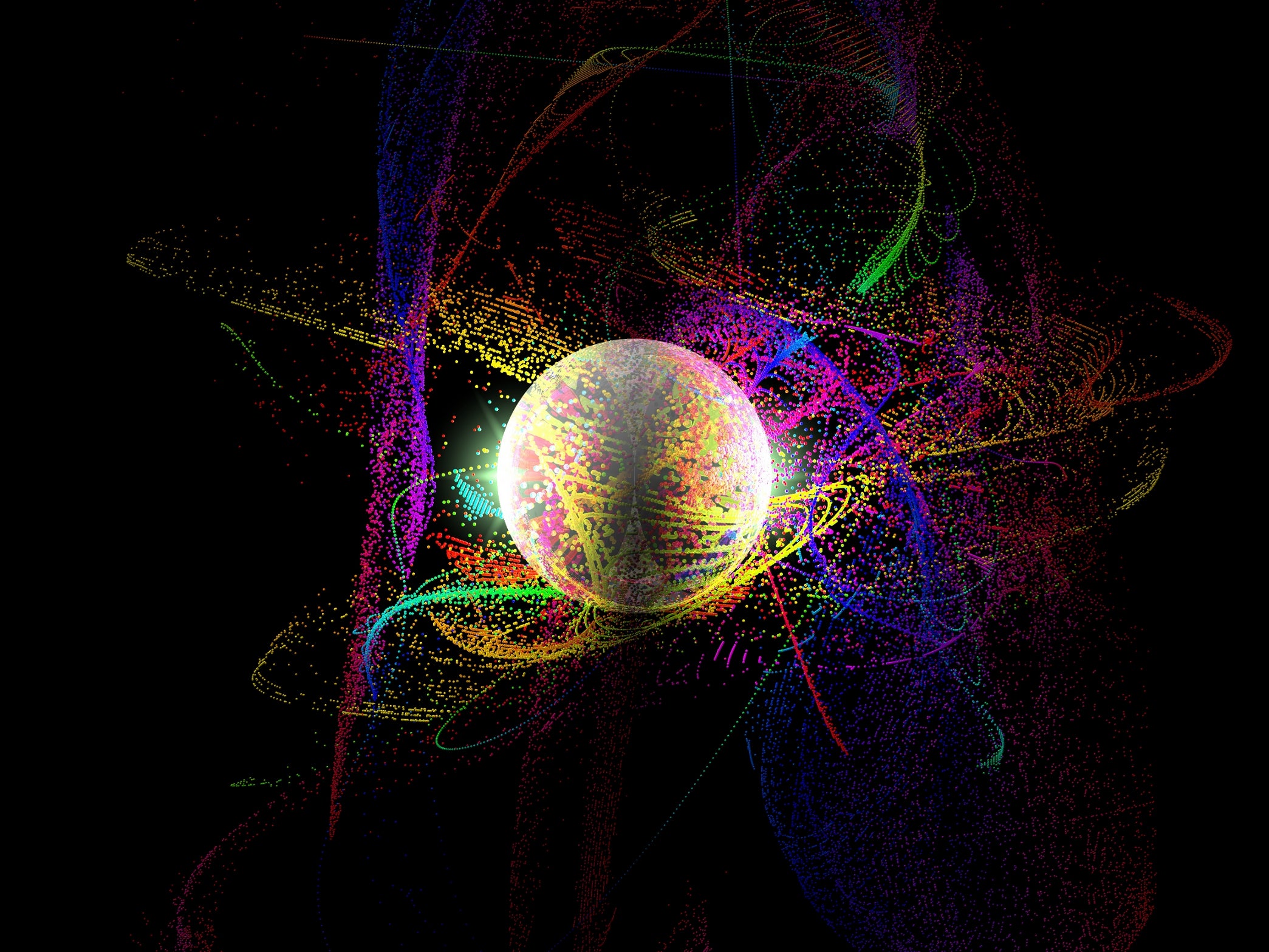Breakthrough in quantum computing smashes previous records
An international team of scientists were able to store information in a quantum computing system for 39 minutes - a massive leap forward from the previous record of 25 seconds

Scientists have achieved an “exciting breakthrough” in quantum computing, creating a solid state memory system made from silicon that was operational at room temperature for 39 minutes.
This achievement breaks one of the major barriers to building quantum computers: the need to run the systems at incredibly cold temperatures. The previous record for storing information at room temperature in a quantum computer was just 25 seconds.
“This opens up the possibility of truly long-term coherent information storage at room temperature,” said Mike Thewalt of Simon Fraser University in Canada, head of the international team that conducted the research.
The results of the experiment were detailed in the journal Science.
Whereas current computers store information as “bits” of data - strings of individuals 1s or 0s - quantum computers uses “qubits” which can be both 1s and 0s simultaneously.
This is thanks to a property of quantum mechanics known “superposition” which means that quantum computers will be able to use a single piece of hardware to perform different calculations at the same time.
The difficulty with these systems is their instability, with scientists using cold temperatures (around -269C, just a few degrees above absolute zero, the coldest temperature possible) to combat the qubits’ natural tendency to decay.
Even for this most recent breakthrough, scientists still to begin by lowering the temperature of around 10 billion phosphorous ions (the nuclei of which were embedded in pure silicon to provide the medium for the qubits) to just above absolute zero.
The temperature of this system was then raised to room temperature (25C) where the data remained intact for 39 minutes.
This may not sound like a long time, but as a single operation on a quantum computer takes just one-hundred-thousandth of a second, this means that theoretically over 20 million operations could be performed before the qubits data decayed by one per cent.
“Having such robust, as well as long-lived, qubits could prove very helpful for anyone trying to build a quantum computer,” said of Oxford University's Stephanie Simmons, a member of the Department of Materials and an author of the paper.
Many barriers remain
However, the scientists involved in the study also stressed the many difficulties ahead for quantum computing.
For example, although the scientists in this experiment managed to retrieve the data stored on the system, they still had to return the system to freezing temperatures to do so – and the original process that encoded the information wasn’t perfect, destroying 63 per cent of the data.
Another major hurdle is the ability to encode different types of data. For this experiment the qubits involved all stored just 1s or 0s. For quantum computers to work like conventional computers they will have to store a diverse mixture of 1s and 0s and switch between states.
The difference is like that between a flat surface painted with a single colour, and a 3D hologram showing a high definition movie.
Despite this, scientists are still celebrating this experiment as an "exciting breakthrough".
"This result represents an important step towards realising quantum devices," David Awschalom, a professor in Spintronics and Quantum Information, at the University of Chicago told the BBC.
Subscribe to Independent Premium to bookmark this article
Want to bookmark your favourite articles and stories to read or reference later? Start your Independent Premium subscription today.

Join our commenting forum
Join thought-provoking conversations, follow other Independent readers and see their replies